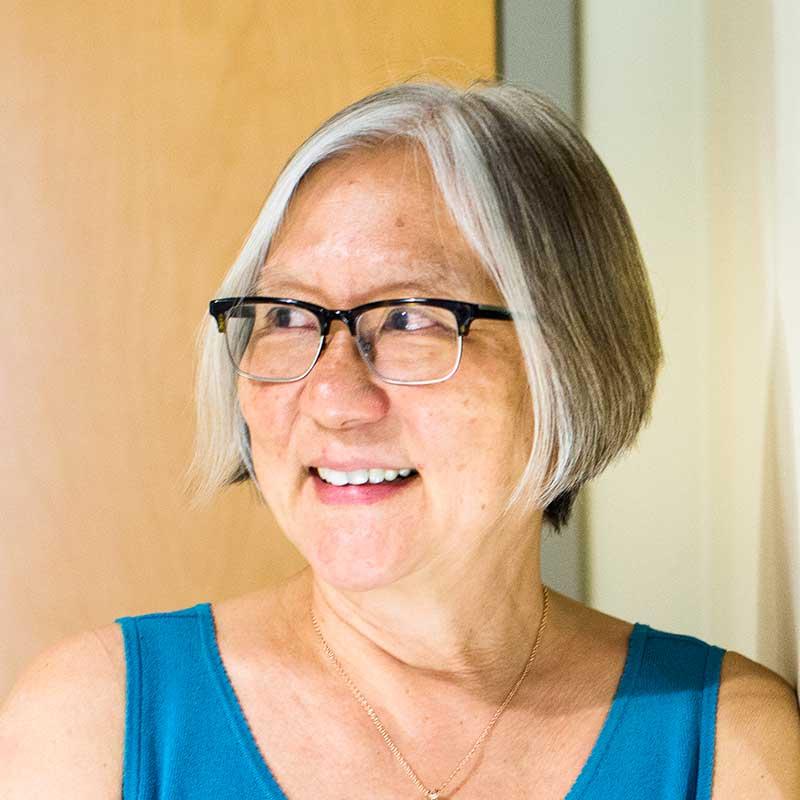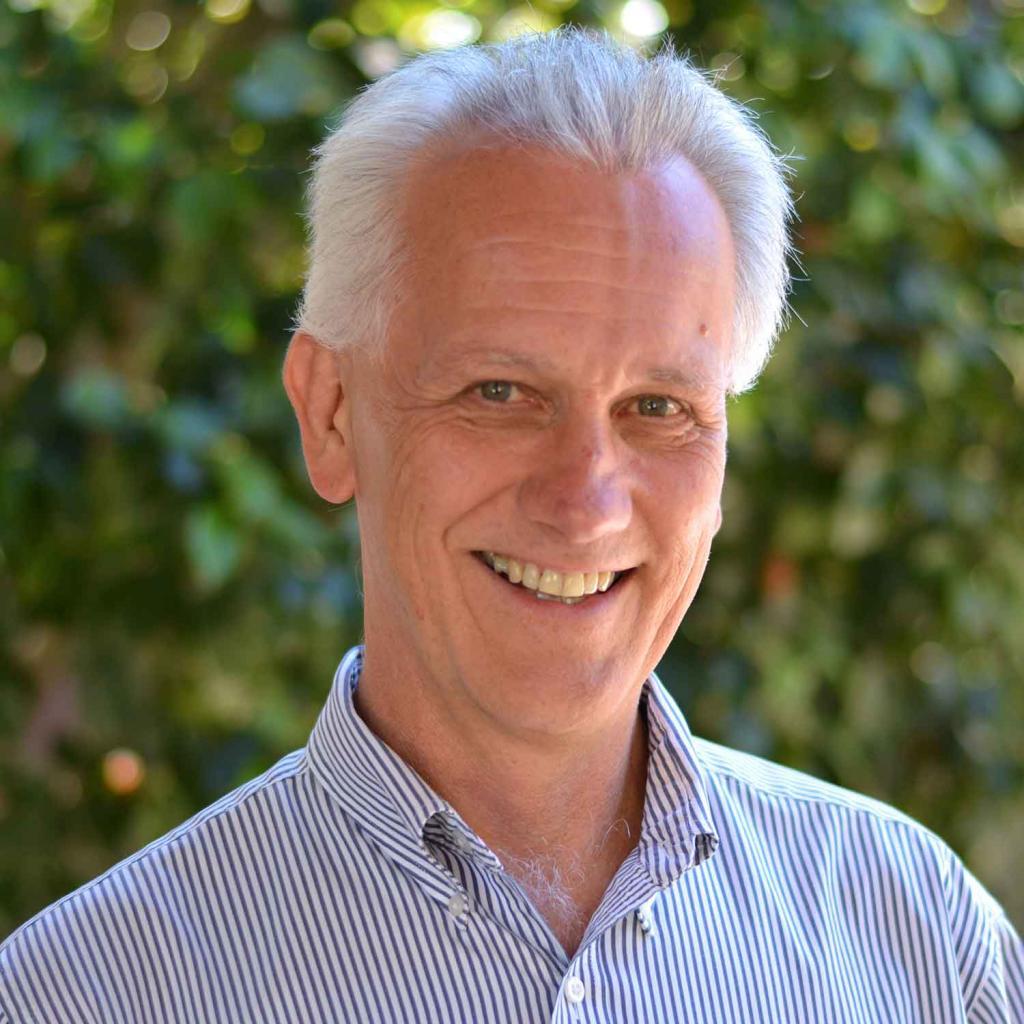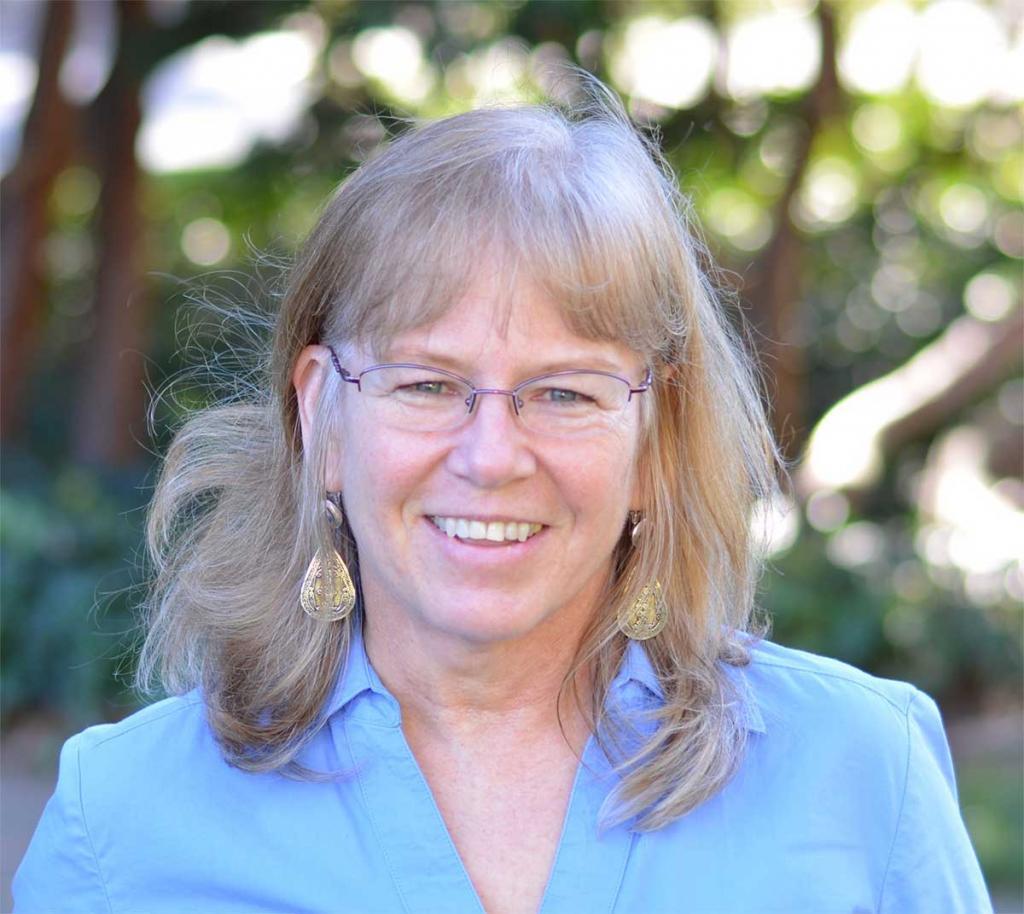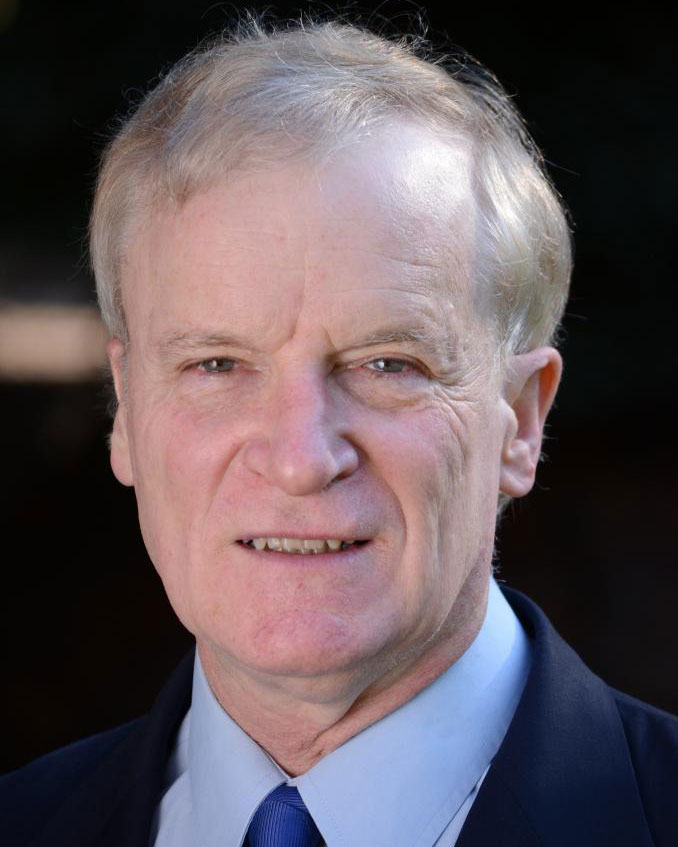Rausser College of Natural Resources would like to congratulate four faculty members on their retirement from UC Berkeley. We thank them for their dedication to students and to their fields, and for their service to the University.

Inez Fung
Professor, Environmental Science, Policy, and Management
Atmospheric science professor Inez Fung is one of the world’s leading experts on climate and the carbon cycle. Throughout her career, Fung has conducted groundbreaking research on carbon sinks—the large ecosystem features like oceans, forests, and grasslands that remove carbon dioxide from the air—and the role they play in shaping our planet’s climate. She has developed and applied large-scale mathematical models capable of tracking how carbon dioxide, methane, and dust move through the atmosphere, land, and oceans. These models have been essential to understanding the causes and consequences of anthropogenic carbon emissions and revealed vital information needed to address the growing climate crisis.
Fung joined UC Berkeley in 1998 as a professor in the Departments of Environmental Science, Policy, and Management and Earth and Planetary Science. She was the Founding Director of the Berkeley Atmospheric Sciences Center. She has been recognized by the National Academy of Sciences, Taiwan’s Academia Sinica, the UK’s Royal Society, and numerous other professional organizations for her foundational contributions to earth and environmental sciences. Fung was a contributing author of several reports issued by the United Nations’ Intergovernmental Panel for Climate Change, which was awarded the Nobel Peace Prize in 2007. She currently advises the Biden Administration on science, technology, and innovation issues as a member of the President’s Council of Advisors on Science and Technology.

Nick Mills
Professor, Environmental Science, Policy, and Management
Entomologist Nick Mills dedicated his career to advancing biological control, a field of study that promotes the use of organisms and natural processes in pest management. During his UC Berkeley career, Mills helped transform biological control from its traditional stance as an art led by trial and error into a science based on sound principles and effective experimental research. An expert on the relationship between pests and their natural enemies, Mills helped improve the use of parasite-like insects (parasitoids) as alternatives to the pesticides typically used in consumer and agricultural applications. These parasitoids lay their eggs on or in the pest and eventually result in the death of their host.
Mills earned his PhD in entomology in 1979 from the University of East Anglia in Norwich, England. He later worked as a researcher for CABI, an intergovernmental not-for-profit organization dedicated to improving lives by solving international problems in agriculture and the environment. In 1990 he joined the UC Berkeley faculty ranks as an assistant professor of entomology. In addition to his research and teaching, Mills served as co-director of the Center for Biological Control, director of the Californian Cooperative Ecosystem Studies Unit, and Executive Associate Dean for Rausser College

Nancy Peluso
Professor, Environmental Science, Policy, and Management
Rural sociologist Nancy Peluso specializes in the social processes affecting land-based resource management. Her studies blend elements of ethnographic, historical, and sociological research methods to explore how social differences such as ethnic identity, class, and gender affect access and control of natural resources across Southeast Asia. Peluso has examined how global geopolitics, professional forestry institutions, and natural resource laws affect forest dwellers; explored how communal conflict, landscape history, and resource claims are entangled in Indonesia’s processes of territorialization; and documented the environmental and social impacts of small-scale gold mining. Her work has contributed to a better understanding of how government and non-governmental institutions influence and manage natural resources, both locally and internationally.
Peluso first came to the College in 1990 as a Ciriacy-Wantrup Postdoctoral Fellow, leaving after two years to join the faculty at Yale. She returned in 1996 to join the Department of Environmental Science, Policy, and Management as an associate professor. Her contributions to sociology, geography, and environmental studies have earned recognition from various professional and academic organizations. Peluso received the Cultural and Political Ecology Distinguished Career Award from the Association of American Geographers in 2021, the Al Moumin Award in Environmental Peacekeeping in 2019, and a Guggenheim Fellowship in 2006. She is also a past recipient of UC Berkeley’s Sarlo Prize for Graduate Student Mentoring.

Brian Wright
Professor, Agricultural and Resource Economics
Distinguished Professor Brian Wright is a global expert on the economics of intellectual property rights, genetic resources and their conservation, and commodity markets and their stabilization. He credits his upbringing on a family sheep station in New South Wales, Australia, for spurring his interest in economics. Wright joined the Yale faculty in 1975 while completing his PhD in economics from Harvard University. He was hired by the Department of Agricultural and Resource Economics in 1985.
Wright’s research interests cover a wide range of topics, including the economics of commodity markets, innovation, intellectual property, and agricultural policy. He has co-authored or co-edited numerous books and published extensively in leading journals in economics, agricultural economics, and related fields. During his career, Wright has consulted on numerous assignments for the World Bank, the United Nations Food and Agriculture Organization, and the European Bank for Reconstruction and Development. In addition to his research, Wright served as director and executive committee chairman of the Giannini Foundation of Agricultural Economics from 2017 to 2022.
